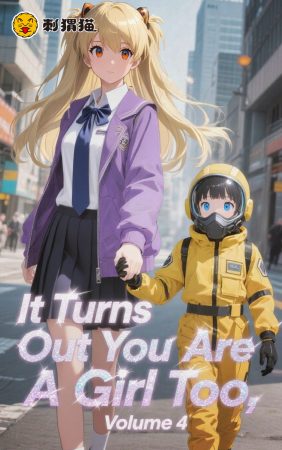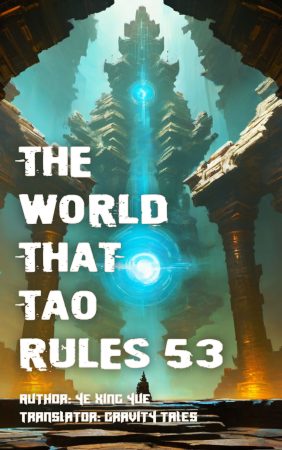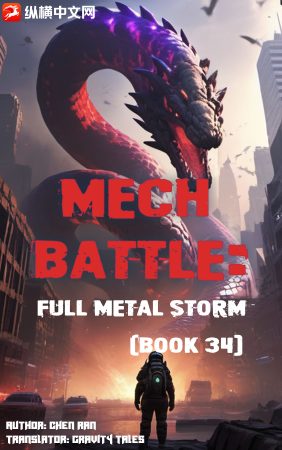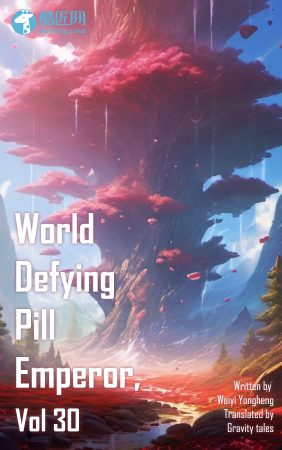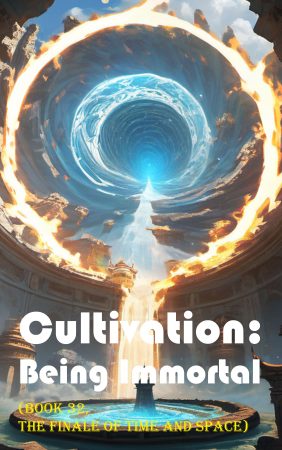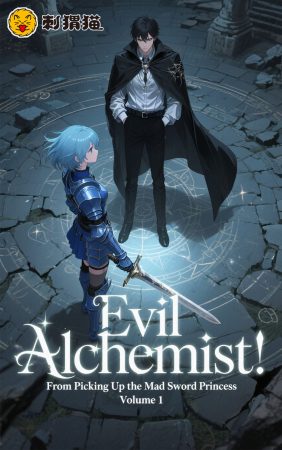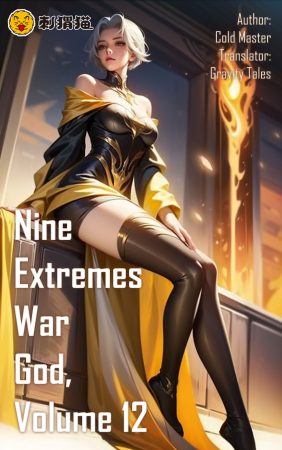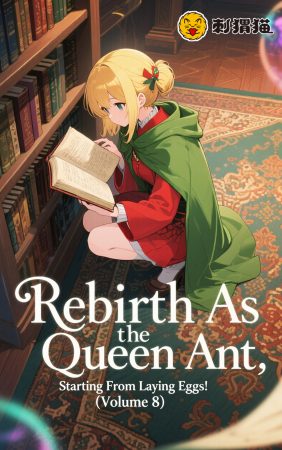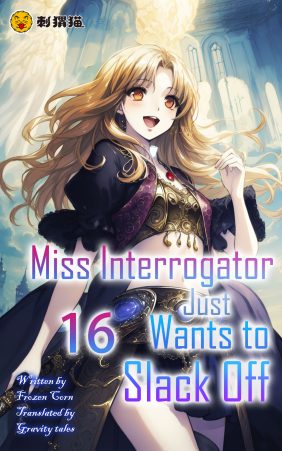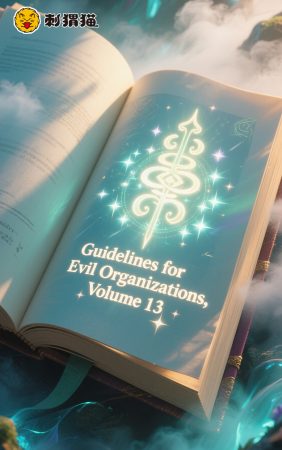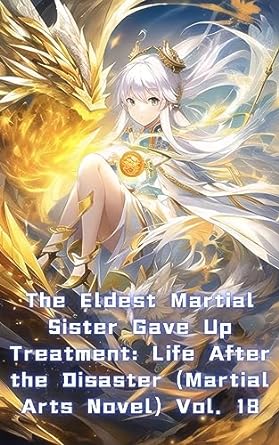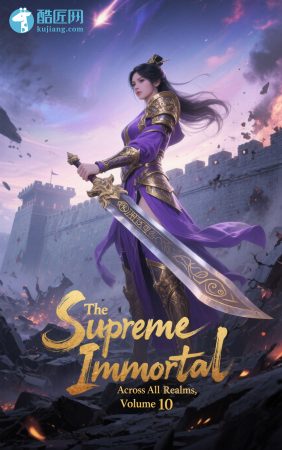Chapter 1
Our Discord Server: https://discord.gg/PazjBDkTmW
You can buy coins here to unlock advanced chapters: https://gravitytales.com/coins-purchase-page/
Chapter 0. The Empty Season
It was a season of nothingness.
From the bus, I stared out the window at the road home, unmoved by the April spring day. It had been a long time since I’d returned, but there was nothing to marvel at.
I knew the four seasons of this road to the point of sickness. Along this country lane in Cheongna, with its gentle, repeating hills, white apple blossoms would invariably bloom in late April, their arrival marked by a slight capriciousness. By the end of July, the hills would be lush and green, and from early to late autumn, the entire town would scatter to their respective orchards, busy with the apple harvest.
Then, as if entering hibernation, the whole town would fall silent for the winter. Come March, it would awaken as if it had never known a long sleep, only to repeat the same tiresome cycle of seasons.
But early April is usually a season of nothing.
Therefore, it wasn’t a bad time to be coming home.
Most people in our town either owned an apple orchard or did miscellaneous farm work, often helping out at someone else’s orchard. And so, his family owned an orchard. My family owned one too, but as is the way of the world, doing the same work doesn’t mean you live the same life.
Cheongna, the small county-level city where we lived, had nothing to boast of but its apples, and the orchard owners were typically bestowed with the pride of being this modest city’s upper class. As long as there wasn’t a bad harvest, a typhoon, or a blight upon the trees, they could afford to feel that way. It was a common sight to see country folk in ill-fitting work pants driving fancy foreign cars.
And his parents always drove the nicest car in town. They also lived in the nicest house. While many of the smaller orchard owners built decent houses on their land and lived far from the town center, there were some families for whom such a “decent” house was nothing more than lodging for the busy farming season.
Their fine house was built near the town, yet positioned to overlook a lake, ensuring that the quaint and shabby sight of the village—a cluster of light-blue slate roofs—was not visible from within.
Like a medieval lord building a castle to look down upon his village, his parents had built their house that way. So that everyone would have to look up to them.
I tore my gaze from the window. I hated the thought of looking up at that house again. Like the thirteen-year-old child I once was, consumed with envy.
– This stop is Baegun-myeon Community Service Center. The next stop is…
My mind, which had been blankly listening to the bus announcement, urged me to get off.
I had been on an express bus from Seoul for four hours straight, then on a local bus from the Cheongna terminal for another forty minutes. It would be nice if I could go straight home and fall asleep, but that was impossible. A mountain of chores for my sick mother would be waiting.
Inside the bus as it sped recklessly down the winding country road between the orchards, I clung weakly to a handrail before finally getting off. My brother would have muttered something about the driver being a damn shitty driver.
I trudged up the slight incline, constantly having to yank my cheap suitcase free as its wheels caught on every broken paving stone. It was infuriating. I was tired, as if I had already lived an entire lifetime.
Finally entering the Community Service Center, I pulled out my phone and scanned the list my dad had rattled off to me.
Everything on it was for a new loan. Another sigh escaped me.
“How can I help you?”
“Ah, yes. A certificate of seal impression, a certified copy of my resident registration, an abridged copy…”
I was in the middle of reading the list my father had dubiously recited. A loud ding-dong from right beside me made me jump like an idiot. With another sigh, I continued reading the long list.
That’s why I didn’t notice the silence from the person next to me—a silence that was, for a moment, unnaturally long.
While I waited for my documents, I heard the clerk at the next window call out to their client a few more times. Only then did I glance over at the person beside me.
Ah.
“Well, look at you, Yoon Chahee.”
The corners of his lips, cool and sharp as I remembered them, curved into a gentle smile. My gaze traveled up his handsome, clean-cut face and met, with some effort, his fierce eyes.
It was him.
“You, back down here in Cheongna.”
“…Park Wookyung.”
“And here I thought you’d never set foot in a dump like this again.”
Park Wookyung’s jeering voice announced an unwelcome reunion. You’re not exactly the one who should be here right now, either… I barely managed to swallow the protest tickling my throat.
I had thought we might run into each other again someday. During some distant New Year’s holiday, or a fleeting Chuseok visit when we both came down to our hometown… In truth, I hadn’t even expected that much.
My holidays consisted of coming down for a day or two, staying briefly at our house far from town, and then leaving. Of course, a wild coincidence might have had us meet again at the old supermarket.
But not now.
After an awkward silence, he picked up the single seal certificate he had printed and left the community center without a second thought, ahead of me. Community Service Center, was it? The name didn’t matter.
We were twenty-three now. So I’d assumed that, like everyone else, he’d have been discharged from the military long ago and would be back at university this semester.
Then again, he could just be down for a short visit. That didn’t matter either. It seemed I had remained a more unpleasant memory for him than I’d thought. That was a relief.
But when I walked out the center’s doors, he was there again.
“…What?”
“Is that all you have to say to an old schoolmate you haven’t seen in years?”
“I haven’t seen you in years. It’s good to see you.”
“Spoken like you’re reading from a book.”
I let out a deep sigh. Park Wookyung then mimicked me, letting out his own exaggerated sigh. He truly had a knack for being sarcastic.
“You look like you’ve been well. Good for you. Now, if you’ll excuse me, I have urgent business…”
“Ah. So busy you’re in a rush to catch the bus that comes once every fifty minutes.”
“…I don’t know when that bus is coming.”
“Why wouldn’t you? Yoon Chahee, you just got off the last one.”
The moment his “you,” usually the standard Seoul pronunciation, slipped into the rougher local dialect. The kind of slip that only happens out of annoyance.
Park Wookyung, whose mother was from Seoul, had never had a thick accent, even as a child, which gave him a slightly arrogant air to the other kids. His speech was marked only by the unique endings and subtle intonation characteristic of the region. The dialect of the Cheongna people was particularly strong in its accent. In a town like that, his habit of tossing out dialect phrases with a low, flat accent made him seem like a sore thumb.
Though, it might also have been because the things he said were often just plain obnoxious.
“It slipped my mind. I’ll just take the town shuttle a bit further and walk from there.”
Using the shuttle bus, which didn’t go all the way to our orchard, as an excuse, Park Wookyung wrinkled his nose in a smirk. It meant he wasn’t buying it for a second.
“You’re taking the damn long way around to say you don’t want to speak a single word to me.”
“It’s not that, I’m really busy. These are urgent documents.”
“If you were really in a hurry, like you say, you should take a ride from someone.”
“…”
“Am I right, or not?”
His low voice, carrying a slight accent, posed the question like a verdict. The dialect, still delivered in that indifferent, monotonous tone with barely any change in pitch, seemed like a deliberate attempt to evoke a sense of shared origin from me.
I nodded reluctantly. With a visibly more relaxed expression, Park Wookyung snatched my suitcase and loaded it into the trunk of his car.
The heavy suitcase I had struggled with all the way from Seoul seemed weightless in his hands. I watched the closing trunk swallow my suitcase as if my money had been stolen. Then, pushed by his fierce gaze, I got into the car.
It was a fine German SUV. He was the scion of a family the town wouldn’t dare gossip about, clucking their tongues over a twenty-three-year-old already owning a car. He probably chose this car as a “modest” option. You should start with a cheap car so you don’t get spoiled, they’d say.
The site of the new apartment complex, the location of Cheongna’s largest hospital, the branch campus of the adjacent provincial university—everywhere in Cheongna, there was land that Park Wookyung’s family had sold off for a huge profit. And yet, they were said to have even more land remaining. My father, as if there were no greater injustice in life, would often mutter about Park Wookyung’s father with a mix of envy and sarcasm.
Park Wookyung’s grandfather, an apple farmer in this town since his youth, was the biggest landowner in all of Cheongna county. He was also a local figurehead whom candidates for county mayor and council members would visit first during election season. His eldest son—Wookyung’s uncle—was the chairman of the private school foundation that owned the only middle and high school in Baegun-myeon.
And Park Wookyung’s father had inherited the massive family orchard. Although he was the head of some promotion association teeming with apple orchard owners, he was famous for his gentlemanly demeanor, which didn’t seem much like a farmer’s. Since he was so wealthy, he was respected in his own right for smiling pleasantly and saying things like, “A person ought to live a productive life by working.”
It was a common saying that the rich work harder, and there were often scenes of his entire family being mobilized for the business. Since every orchard in Cheongna, big or small, ran on family labor and expense accounts, this was seen as a virtue of frugality. His mother, who was as beautiful as an actress, and even the youngest son, Park Wookyung, who the entire family had coddled to focus only on his studies, would sometimes be seen helping with shipments and packing boxes in the cold storage warehouse.
A man who, despite working his whole family, generally wore a starched white shirt and dress pants. In truth, my father and Park Wookyung’s father had quite a bit in common.
The only difference in their circumstances was that Park Wookyung’s father had inherited the wealth to speak his mind anywhere, while my father’s life was a constant struggle, to the point where he occasionally had to rely on a small loan in his college-aged daughter’s name.
Inside the nice car as it began to glide smoothly down the country road, I clutched the documents on my lap.
In the end, even now at twenty-three, we were the same. Nothing had changed. Not one bit.

